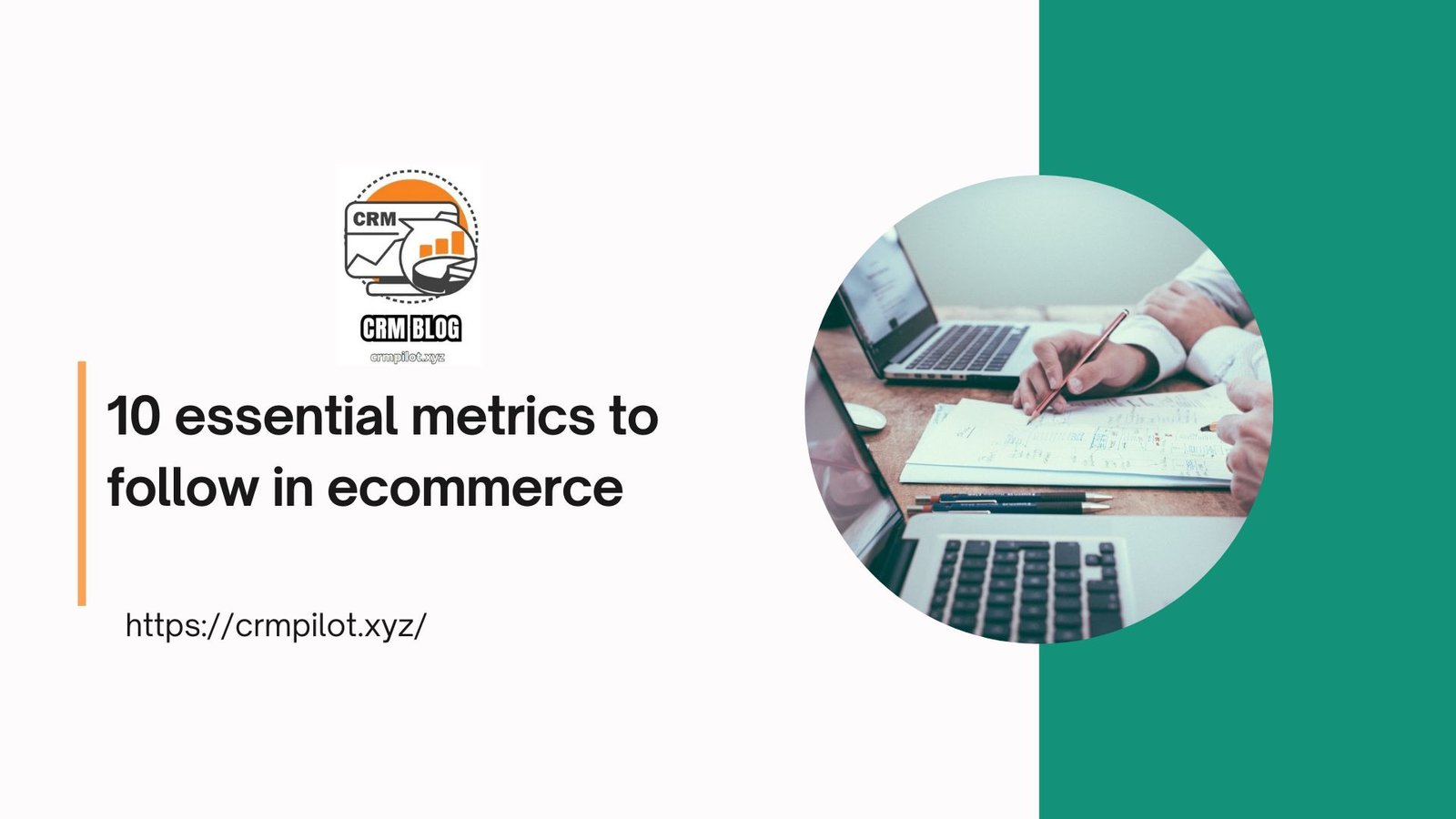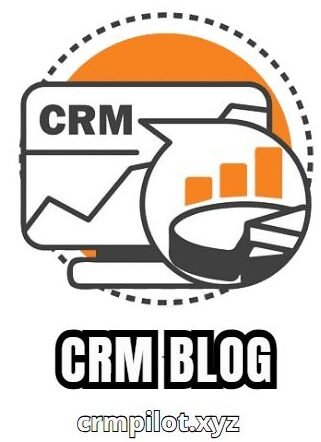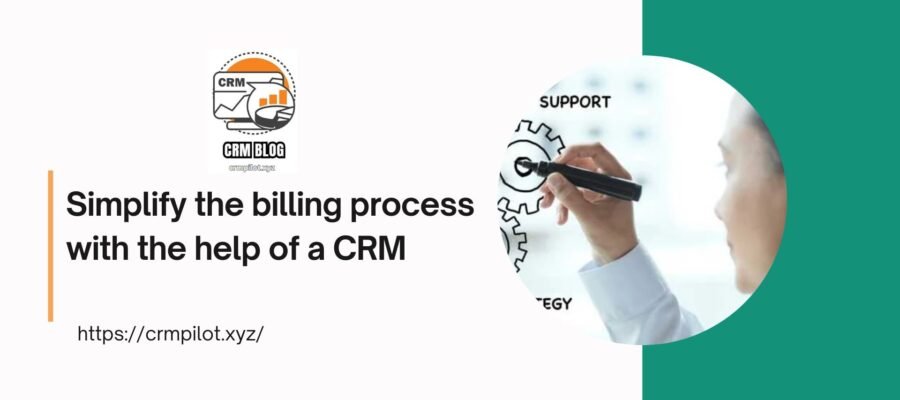In the business world of 2023, technology and automation are motor forces that lead us to efficiency and excellence in all fields of activity. One of those crucial fields that can significantly benefit from these technological developments is the electronic invoicing process. Here comes the system CRM (Management of customer relations), a strong tool that can make substantial changes in the way companies manage and implement the billing process. The integration of invoicing functionality in a CRM can offer a series of significant advantages, which not only simplify the process, but also improve the customer’s experience and lead to more efficient financial management.
Automation of the billing process
One of the main advantages of the integration of the billing functionality in a CRM is the automation of the invoice generation process. Traditionally, the generation of invoices involves manual efforts, opening the doors to human errors and delays in the process. With the help of a CRM system, this process can be automated, allowing the generation and shipment of invoices according to data data. This automation not only spares precious time, but also minimizes the risk of errors, ensuring that the invoice information is precise and complete.
Follow -Up and effective notifications
Another essential feature that the integration of invoicing in the CRM Porta is the search for efficient payments and notifications. The system can follow the phase of payments in real time, so that the financial team is always updated with what amounts have been collected and what amounts are waiting for. In addition, CRM can automatically generate customers notifications, reminding them of imminent payment terms and maintaining a transparent communication regarding the state of their invoices. This not only accelerates the collection process, but also improves the relationship with customers, demonstrating a high level of professionalism and attention.
Centralization of financial information
The integration of invoicing functionality in the CRM brings with it the advantage of centralizing financial data. In a traditional approach, billing information can be scattered in various files, and -mail or physical files, which makes it difficult to follow and manage them. By centralizing the data in a single system, all members of the financial team can access quick and efficient updated information. This not only improves collaboration and communication within the team, but also reduces time and efforts to find and verify financial information.
Personalization of the invoices and the experience of the customer
Another important aspect of the invoicing process is customization. Each company has its own brand and visual identity and personalized invoices can contribute to the creation of a cohesive experience for customers. Through a CRM, invoices can be adapted to the style and requirements of each individual customer. Elements such as the company logo, specific colors or contact information can be automatically integrated, providing a note of professionalism and attention to detail. Therefore, customers receive invoices that reflect the identity of the company and feel more connected to the brand.
Generate real financial relationships
Another significant advantage of the integration of invoicing functionality in CRM is the ability to generate financial relationships in real time. These relationships can provide a clear and updated image on the company’s financial state. The management team can monitor revenues, debts, payment models and other relevant data to make better informed decisions. This is an essential tool for strategic planning, as it provides precise data and promptly to evaluate performance and establish future directions.
The security of financial data and compliance
An important concern in the billing process is the security of sensitive financial data. The integration of invoicing in a CRM can bring a higher level of security, due to data protection functions and access management. In addition, a well -configured system can contribute to compliance with data protection regulations, ensuring that financial information is adequately processed and that the risk of security violations is reduced to a minimum.

In a constantly changing and development world, adaptability and efficiency are essential for the success of a company. The integration of invoicing features in a CRM is a significant step in this direction. By automating the generation of invoices, monitoring payments, centralization of financial information and customization of the customer’s experience, companies can simplify the billing process and increase operational efficiency. In addition, the generation of financial relationships in real time and guarantee data security bring critical elements to make informed decisions and maintain the integrity of financial data. Therefore, the integration of invoicing in CRM is not only an operational improvement, but also a strategy to build a solid base for the long -term success of the company.
Latest Posts Published
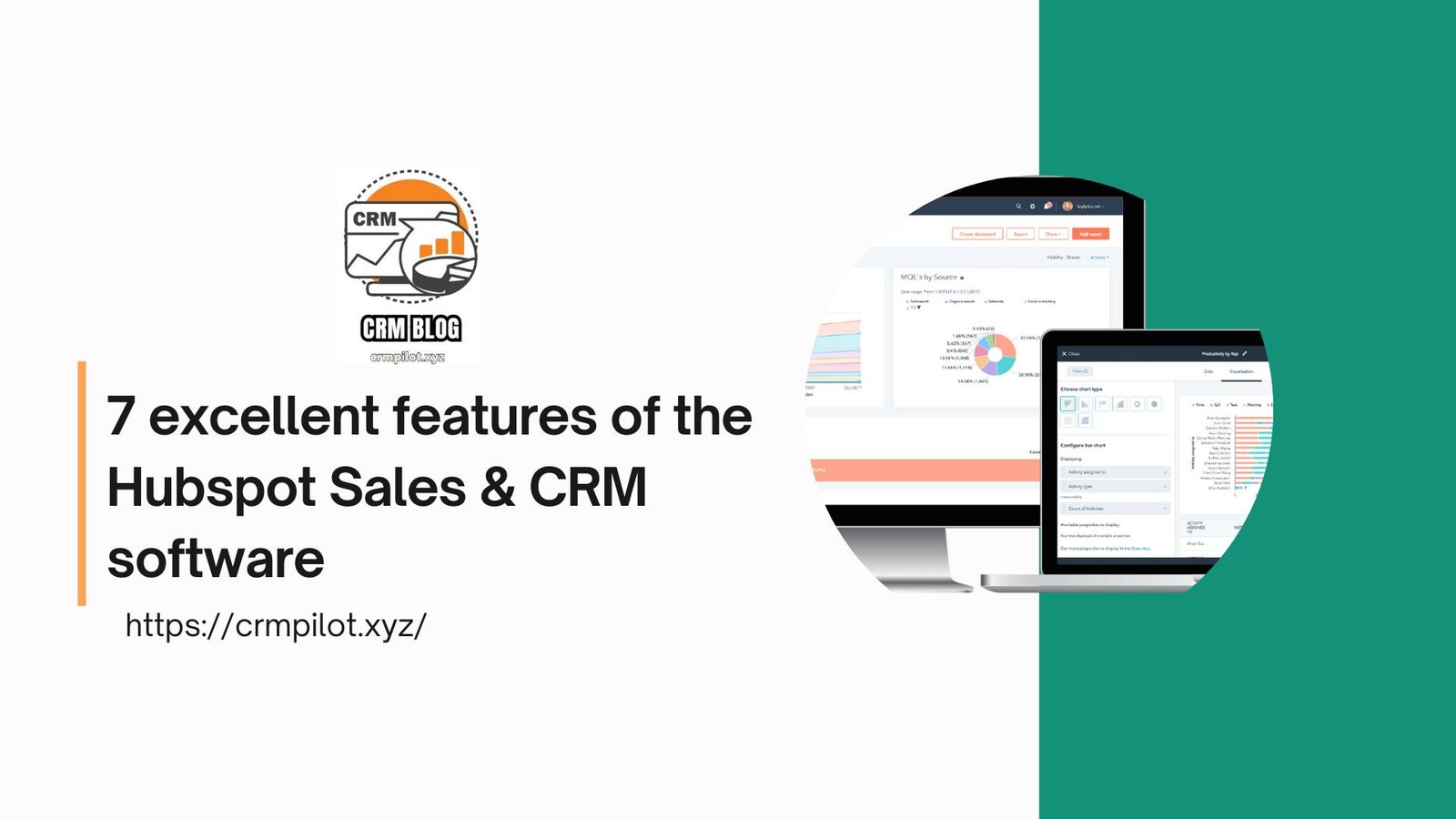
7 excellent features of the Hubspot Sales & CRM software that will help you close multiple offers
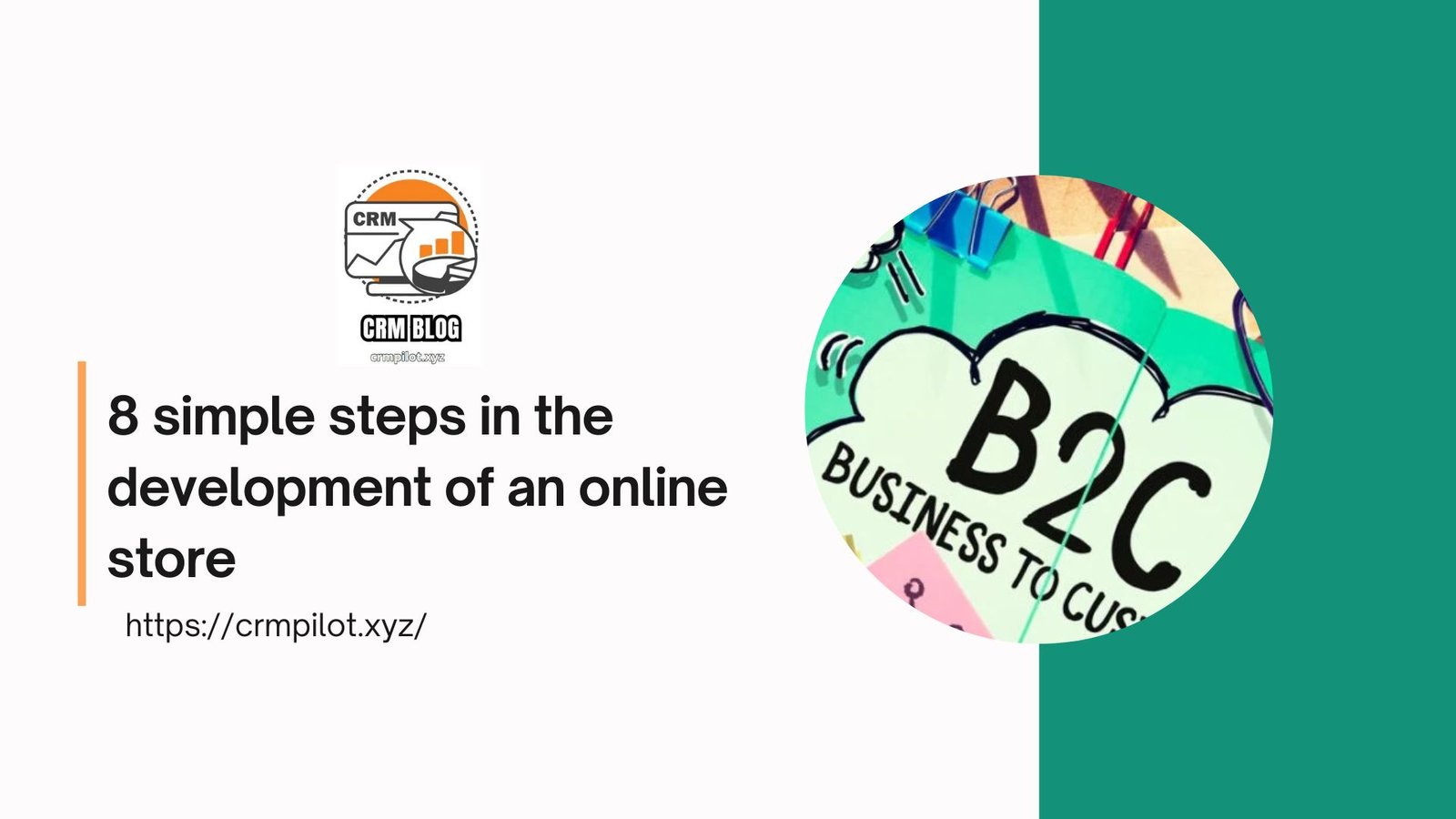
8 simple steps in the development of an online store
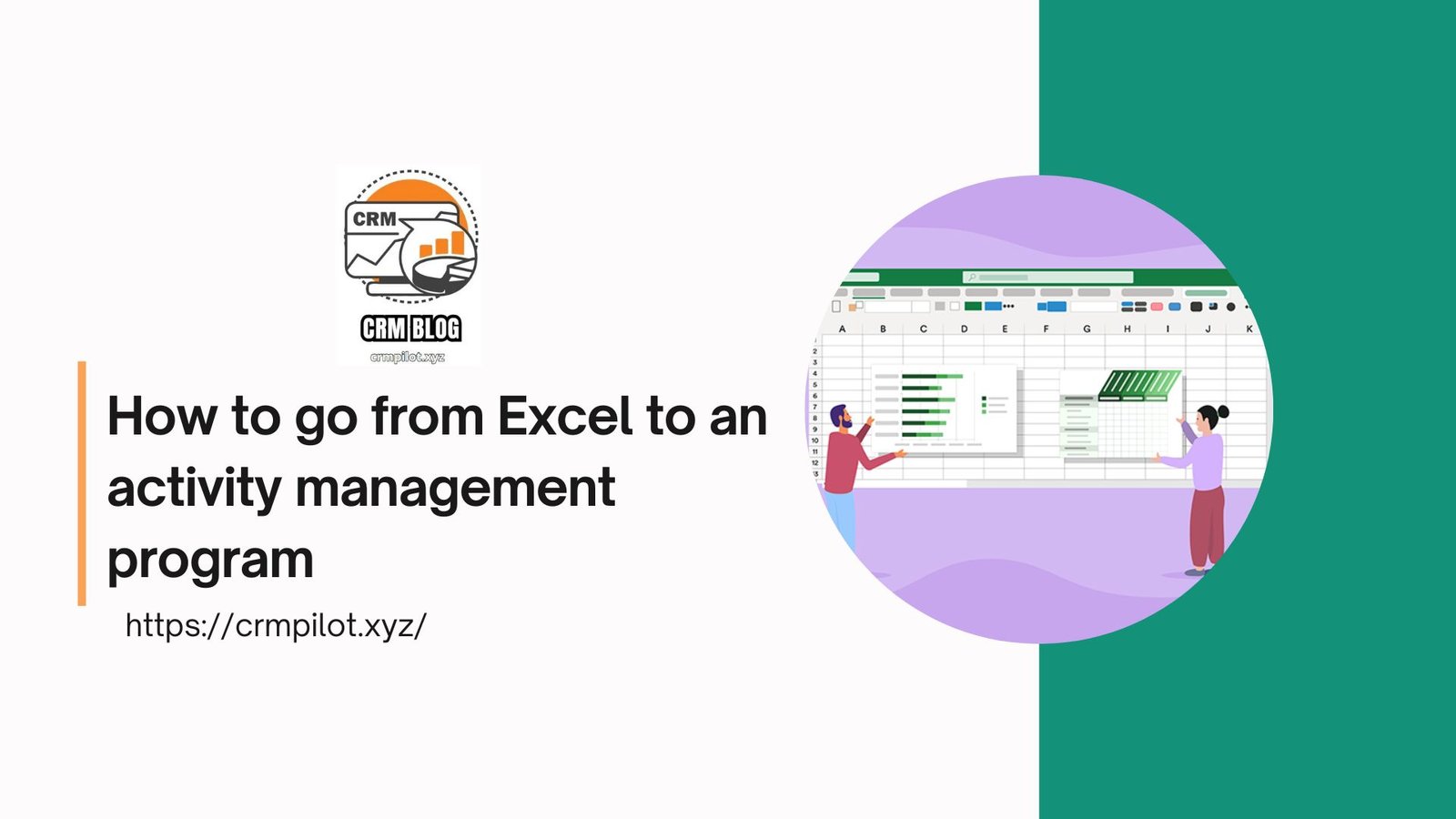
How to go from Excel to an activity management program

E-Facing: period of grace until May 31st
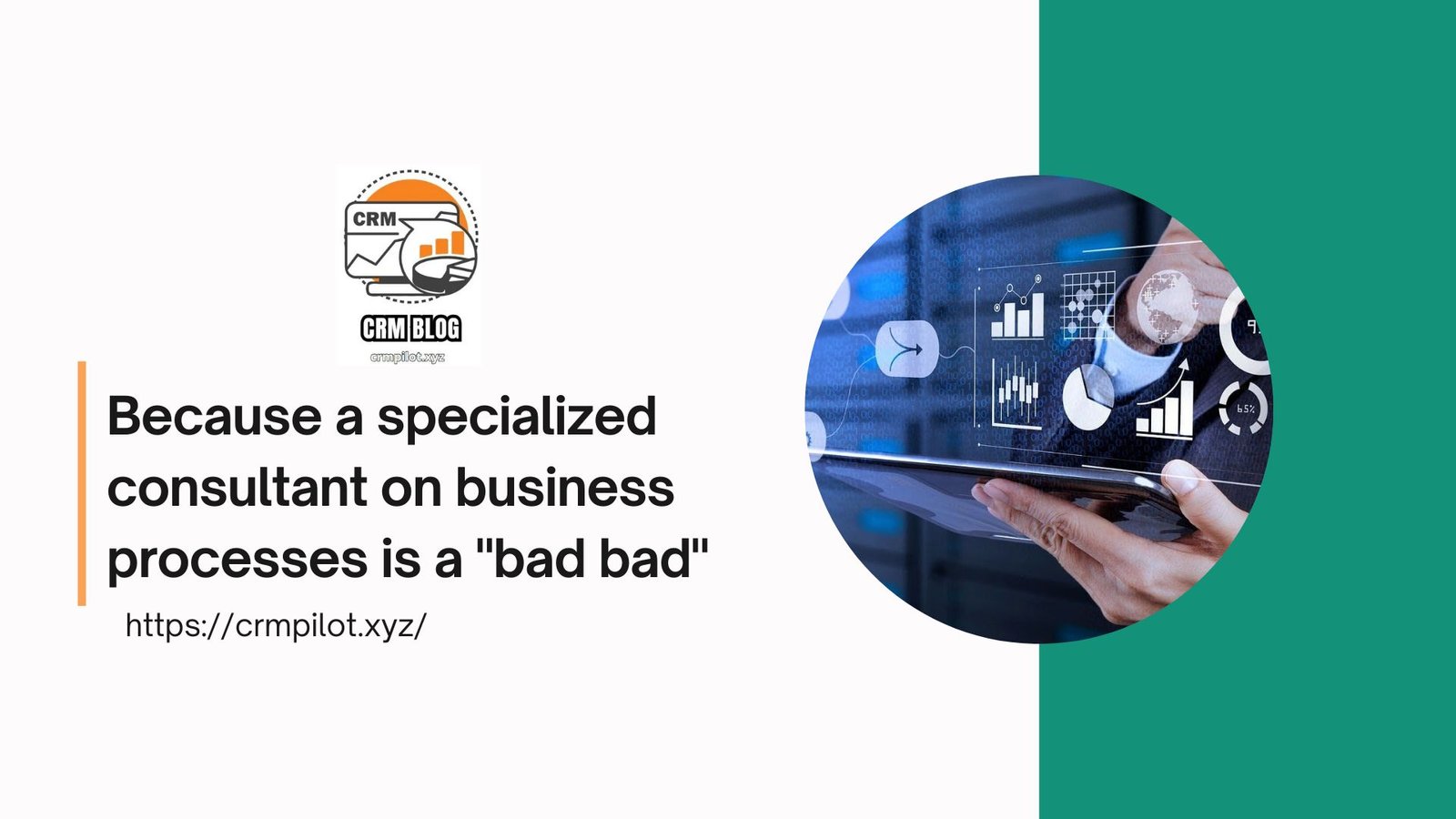
Because a specialized consultant on business processes is a “bad bad”
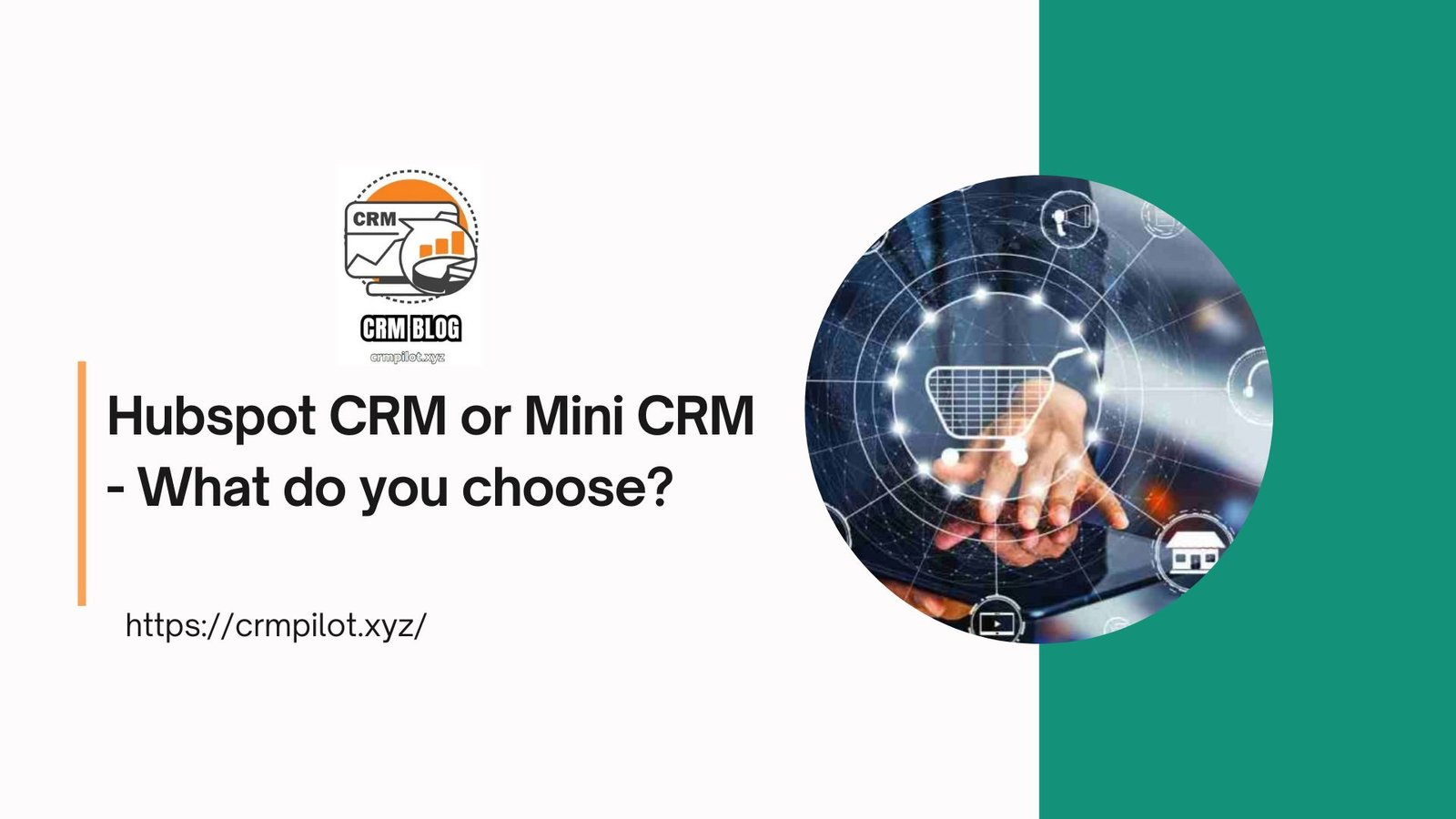
Hubspot CRM or Mini CRM – What do you choose?
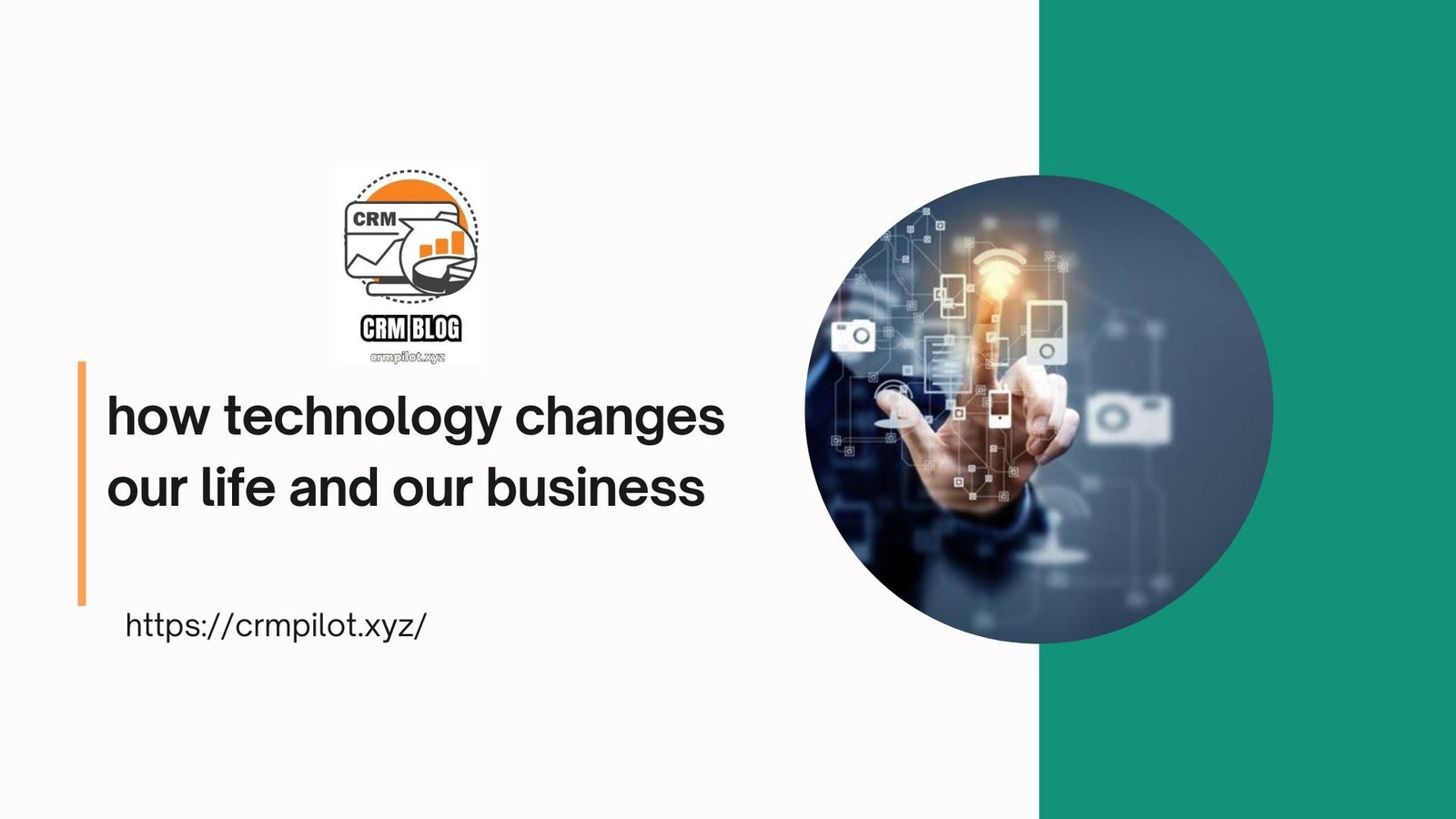
The waves of artificial intelligence: how technology changes our life and our business
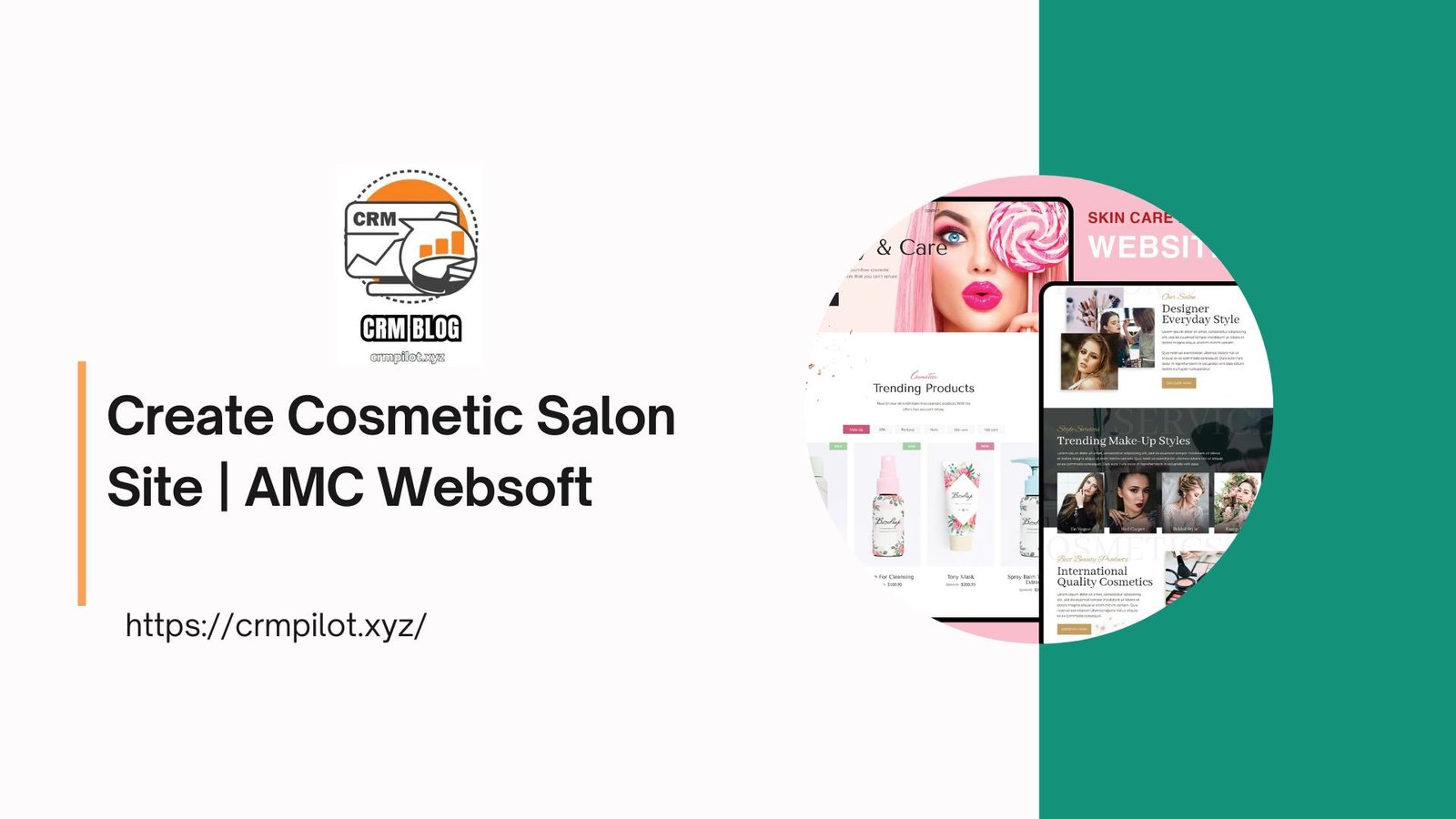
Create Cosmetic Salon Site | AMC Websoft

Career plan: how can you integrate it into the Onboarding?
